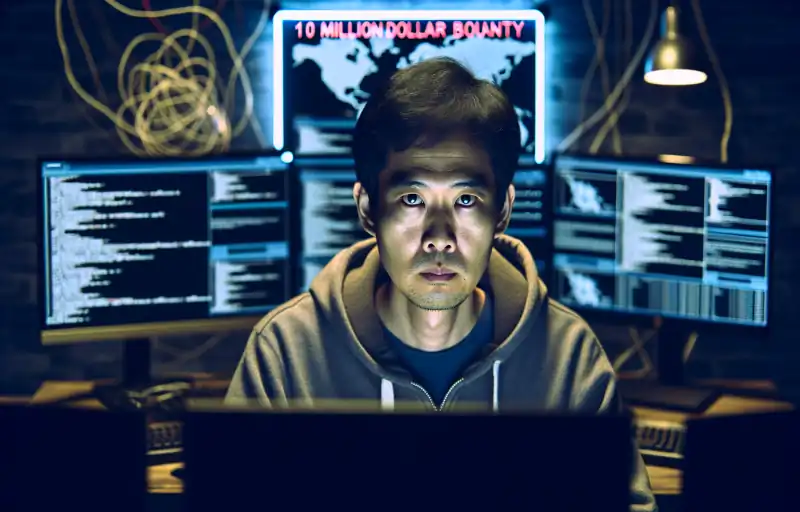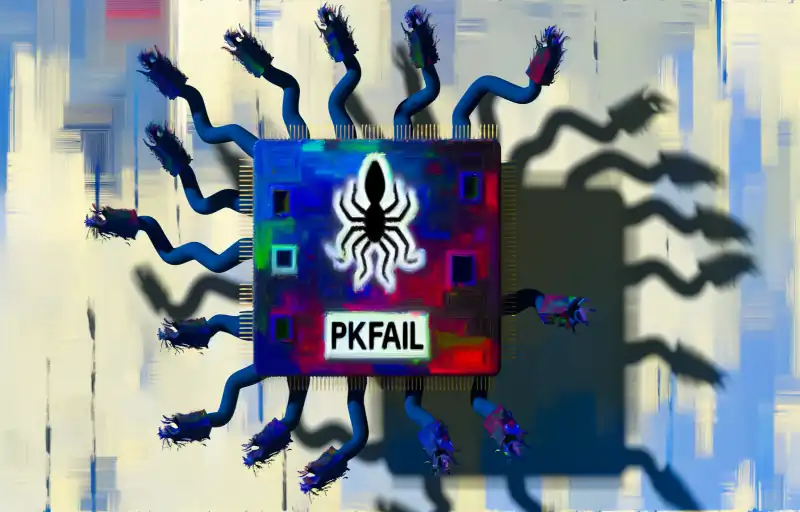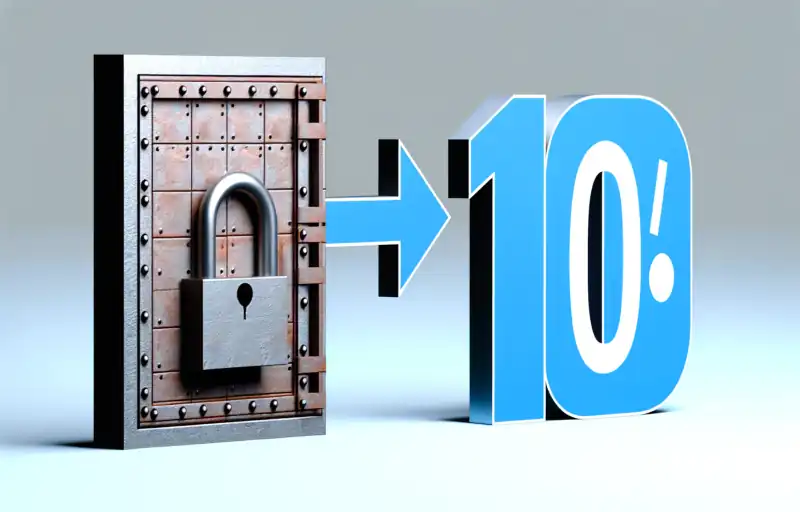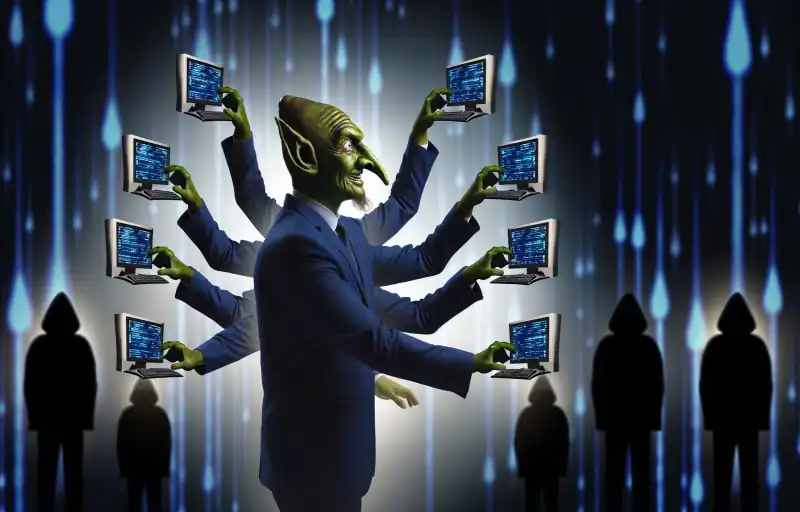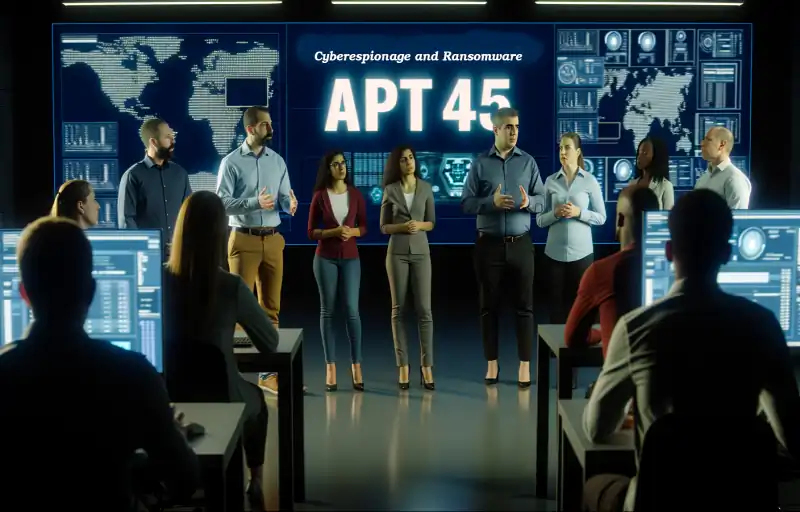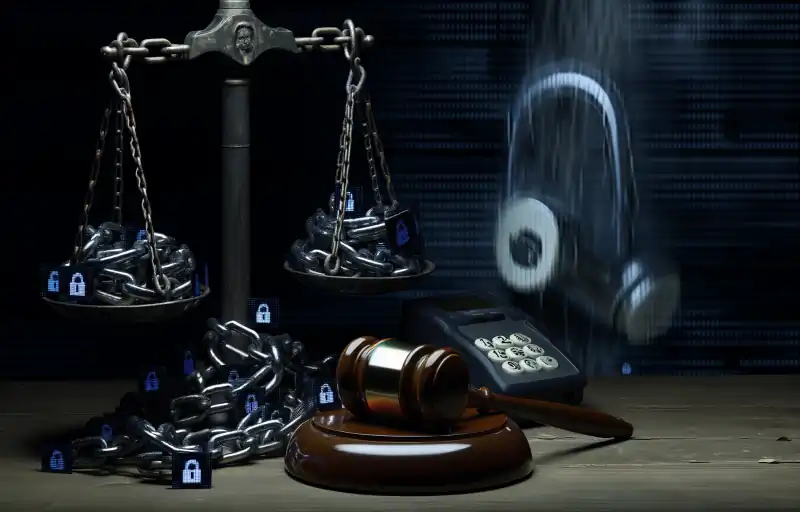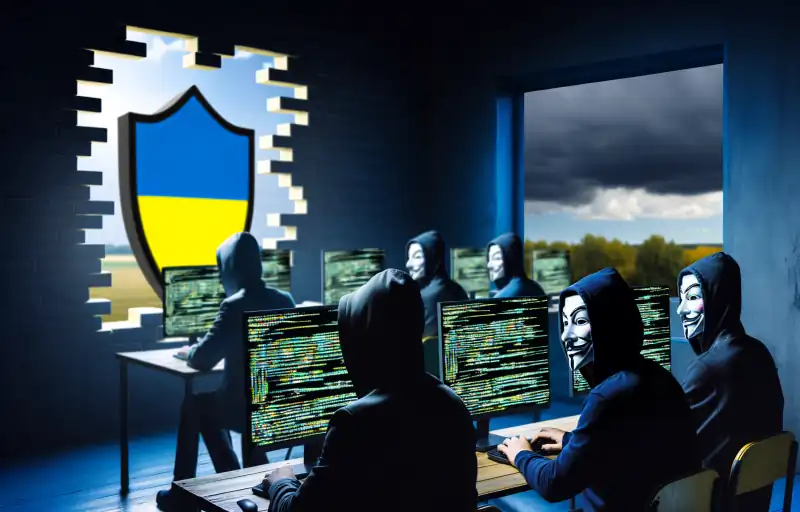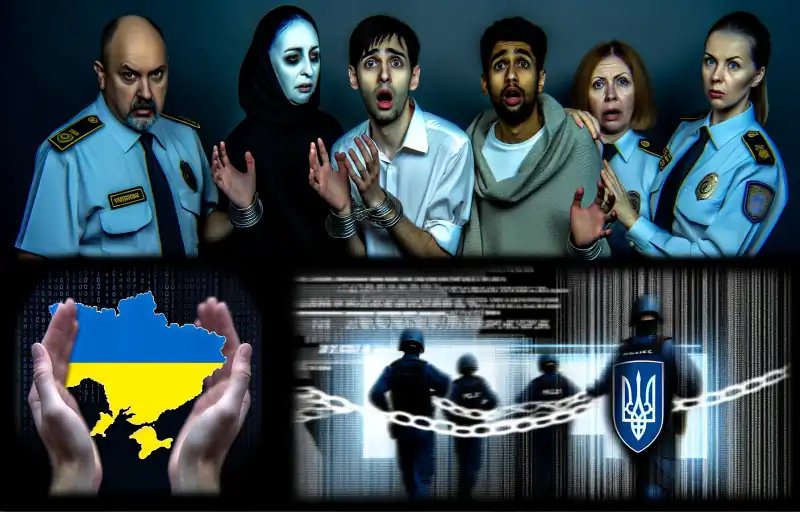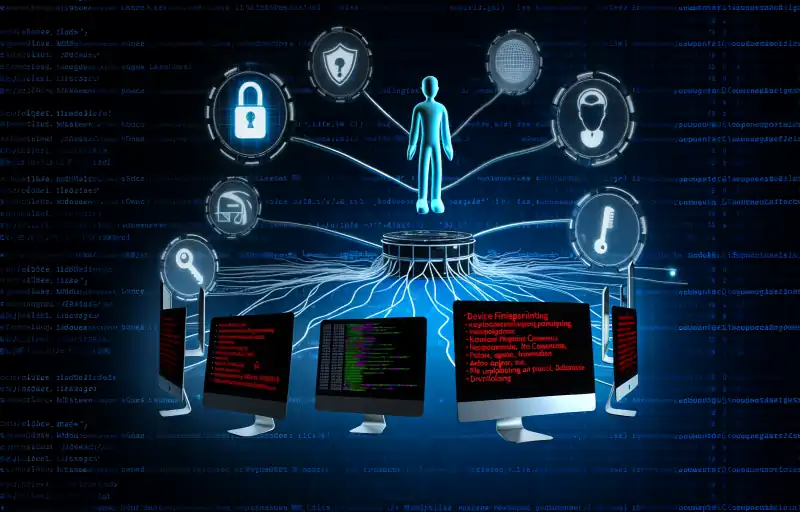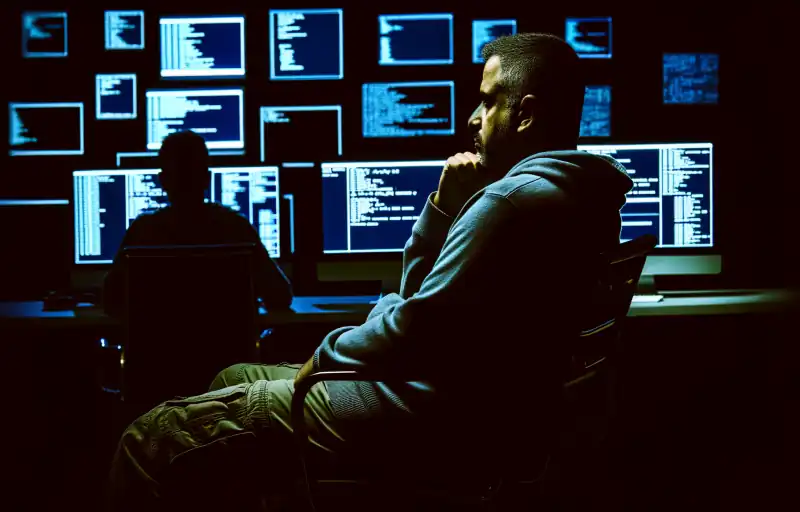Paris 2024: Protecting the Games from Unprecedented Cyber Threats
Paris 2024 faces unprecedented cybersecurity challenges

Paris 2024 is gearing up to tackle an immense cybersecurity challenge as the Games approach this summer. With the Olympics taking place from July 26 to August 11, followed by the Paralympics from August 28 to September 8, organisers are anticipating significant pressure from various threats, including organised crime, activists, and states. To combat these risks, Paris 2024 has been working closely with the French national agency for information security (ANSSI), as well as cybersecurity companies Cisco and Eviden, in an effort to minimize the impact of potential cyber attacks.
Vincent Strubel, the director general of ANSSI, acknowledges that it is impossible to prevent all attacks, but emphasizes the importance of limiting their impact on the Games. He states, “There will not be Games without attacks, but we have to limit their impacts on the Olympics.” To achieve this, Paris 2024 has conducted extensive testing on all 500 sites, competition venues, and local collectives involved in the event. Strubel expresses confidence in their preparations, noting that Paris 2024 will operate from a cybersecurity operation center located in a secret location.
Despite the unprecedented level of threat faced by the Games, Strubel believes that Paris 2024 is one step ahead of potential attackers due to their extensive preparation work. To ensure their readiness, Paris 2024 has employed “ethical hackers” to stress test their systems and has utilized artificial intelligence (AI) to help identify and prioritize threats. Franz Regul, the managing director for IT at Paris 2024, explains that AI assists in distinguishing between minor nuisances and catastrophic events. He anticipates that the number of cybersecurity incidents will be ten times higher compared to the Tokyo Games in 2021.
Eric Greffier, head of partnerships at Cisco, highlights the rapid evolution of cybersecurity, stating, “In terms of cybersecurity, four years is the equivalent of a century.” This sentiment underscores the need for constant vigilance and adaptation in the face of ever-evolving threats. The 2018 Pyeongchang Winter Games serves as a stark reminder of the potential risks, as a computer virus known as “Olympic Destroyer” was used in an attack on the opening ceremony. While Moscow denied involvement, the U.S. Justice Department indicted six Russian intelligence agency hackers in 2020 for a series of attacks, including those against the Pyeongchang Games.
As Paris 2024 approaches, the focus on cybersecurity intensifies. The collaboration between Paris 2024, ANSSI, Cisco, and Eviden demonstrates a proactive approach to mitigating risks. By conducting thorough testing, employing ethical hackers, and utilizing AI, Paris 2024 aims to minimize the impact of cyber attacks on the Games. While the challenges are unprecedented, the level of preparation undertaken by Paris 2024 provides a sense of confidence in their ability to navigate this complex landscape. As the world eagerly awaits the start of the Games, the cybersecurity measures put in place by Paris 2024 will play a crucial role in ensuring a safe and successful event.
